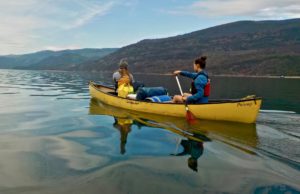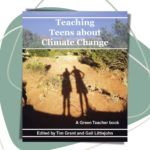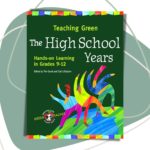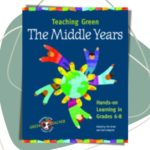Watershed Ed

To view the photo-rich magazine version, click here.
Originally appears in the Fall 2021 issue.
By Sanne van der Ros
“No one will protect what they don’t care about; and no one will care about what they have never experienced” ~ David Attenborough
“My thoughts and feelings have definitely changed about the basin. I think I understand it a lot more now and I can see the river in my mind just because I have canoed it now. I care about it more,” reflects a 16-year-old student. Gathered on the sandy shore of the Columbia River near Castlegar, British Columbia, this student and her cohort from across the Canadian Columbia Basin just completed an immersive, educational field course. They took two weeks out of their summer to earn four high school credits, while learning many important aspects of the river’s story, including the geology, history, culture, politics, economics, hydrology, and ecology of the watershed.
As a researcher, I joined the Columbia River Field School (CRFS) in 2019. These students’ experiences of seeing the river from the perspective of the water and paddling in canoes while camping along the shores opened their eyes to a new way of knowing the river. Following the course, many students attended international conferences about the future of the Columbia River and took on leadership roles in their schools, communities, or province.
I can relate to these students’ sentiments because I have also developed a love affair with rivers that runs deep. Ever since I was young, I was drawn to our local river near my hometown in the Netherlands. The day when I first kayaked there was the start of a new life journey. Exploring the river from the cockpit of my kayak was the springboard for many paddling trips, both locally and abroad. I still love being on the river. Paddling gives me a sense of peace, a belonging, and a deeper understanding of where I fit into the larger watershed. I believe that my strong, emotional bond to local rivers has led me to deeply care for these waterways. I want to see them clean and healthy and flowing freely. As a result, I participate in shoreline cleanup events, write politicians in support of river conservation efforts, and educate students on the importance of healthy watersheds through activities like the ones to follow geared toward middle and high school students.
This content is restricted to subscribers only.
If you are not yet a subscriber, please consider taking out a subscription here.
If you are an existing subscriber, kindly log in or contact us at info@greenteacher.com for more information.










